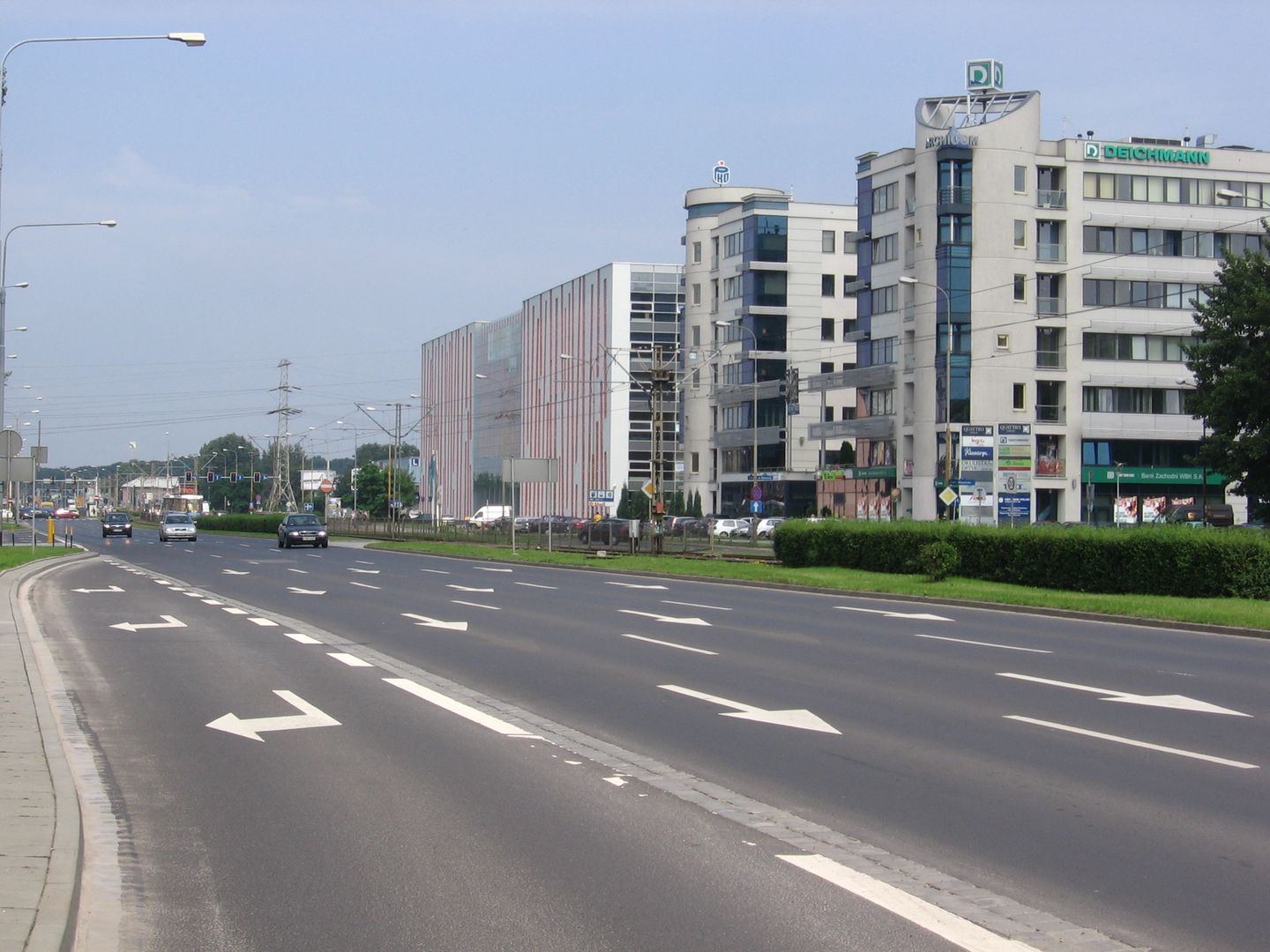Popowice
6.84

Overview
Popowice, a housing estate in Wrocław, boasts a rich and complex history dating back to the Middle Ages. The name "Popowice" derives from the word "pop," meaning a Catholic priest, and first appeared in 1260. Before World War II, the area was largely undeveloped, except for the lands along Legnicka Street, while the flood-prone parts near the Oder River remained mostly uninhabited. In the 1970s, a decision was made to construct the Popowice housing estate, which was built between 1972 and 1975. This decision later proved problematic in the context of subsequent floods, including the catastrophic Millennium Flood of 1997, which submerged some of the buildings up to the first floor. Popowice is home to important cultural institutions, such as the arthouse cinema "Studio," which operated until 2000, and the Evangelical Diaconal Centre. Architecturally, the area features both large-panel construction and modern developments, such as the Quatro Forum office building from 2003. Popowice prides itself on a well-developed educational infrastructure, including kindergartens and primary schools. Notable trivia includes the transformation of Depot No. 5 into the company Protram and the establishment of the Magnolia Park shopping center on the site of the former municipal slaughterhouse. It is also worth noting Popowice's proximity to Park Zachodni (Western Park) and recreational areas such as Popowicki Park. Over the centuries, Popowice has undergone numerous changes—from a village, through intense urbanization, to a modern housing estate that now forms an integral part of Wrocław.
Location
Tickets
Powered by GetYourGuide
2026 Wizytor | All Rights Reserved